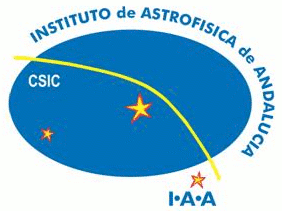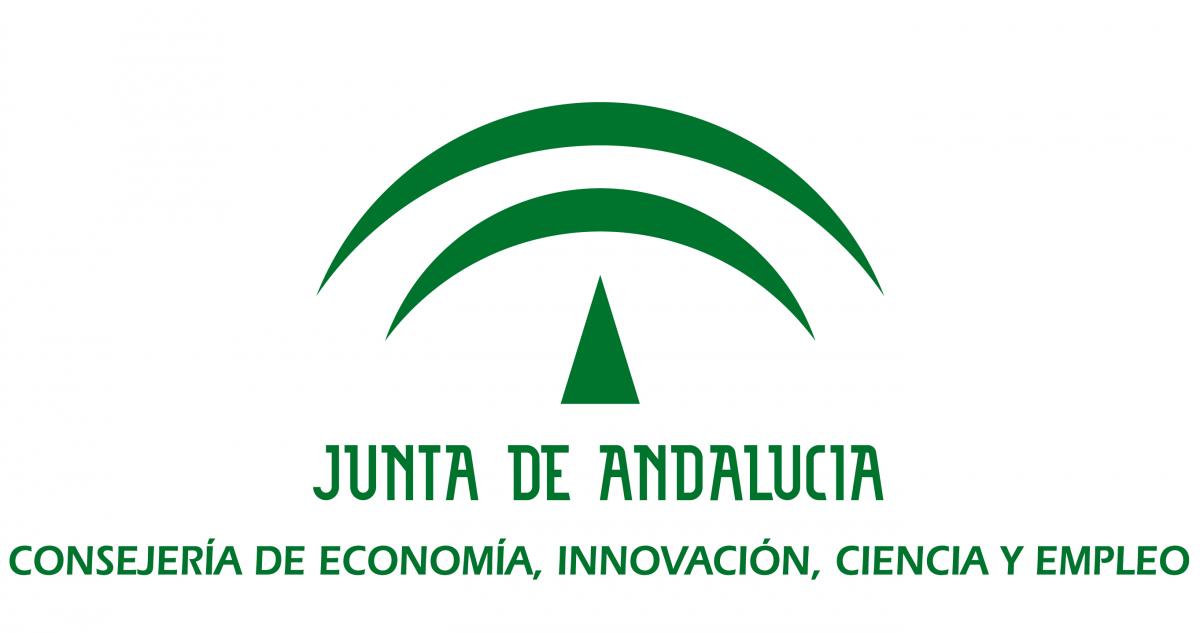Abstract
Three distinct entities are relevant to this workshop …
(1) The Observable Universe (“The Natural World”)
(2) Observed data: Information about the Universe
(3) Theoretical models of elements of, and physical processes in, the Universe
with specific emphasis on the relevance to these elements (and their interactions) of the properties of discreteness, continuity, finiteness and time-reversible invariance — and perhaps stationarity and linearity as well. Starting with unambiguous definitions of these terms, I will attempt to clarify the corresponding nature of each of the three entities.
There are many views regarding the possible discreteness of the Universe, such as a fundamental discreteness of space-time itself at the Planck scale. This outstanding question is the subject of current cosmological research, and a definitive solution will probably not be obtained soon. I argue that data are inherently finite and discrete — both because of the way they are represented electronically or otherwise, and because of the nature of the information-transmitting medium (e.g. a finite number of discrete photons). Theoretical models are often expressed in terms of continuous and/or transfinite mathematical expressions. The complicated interplay between models and data lies at the heart of this workshop. It is hoped that the ideas described here will serve as a context for further discussions.
Jeff Scargle






